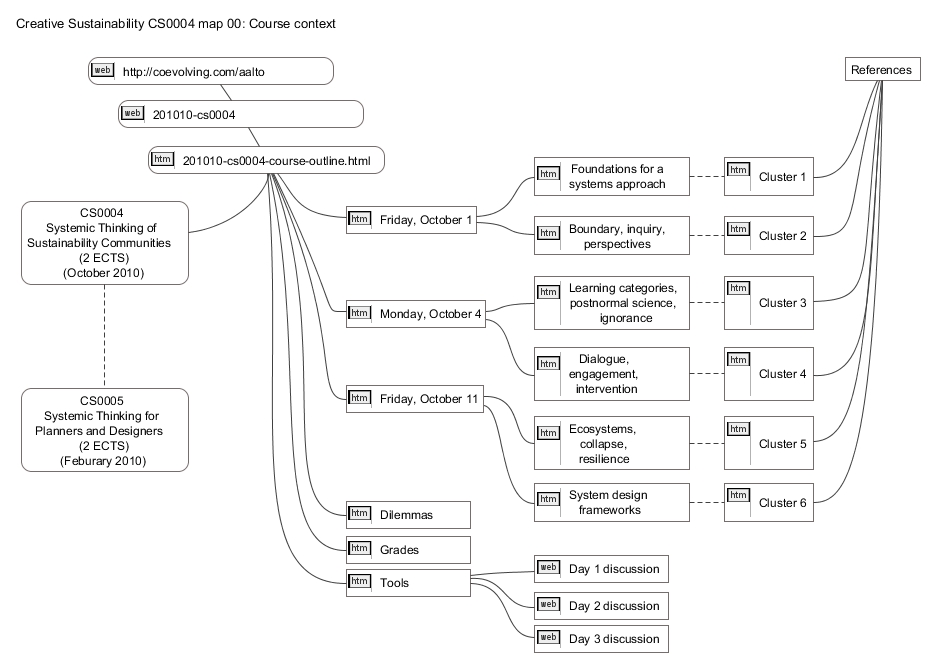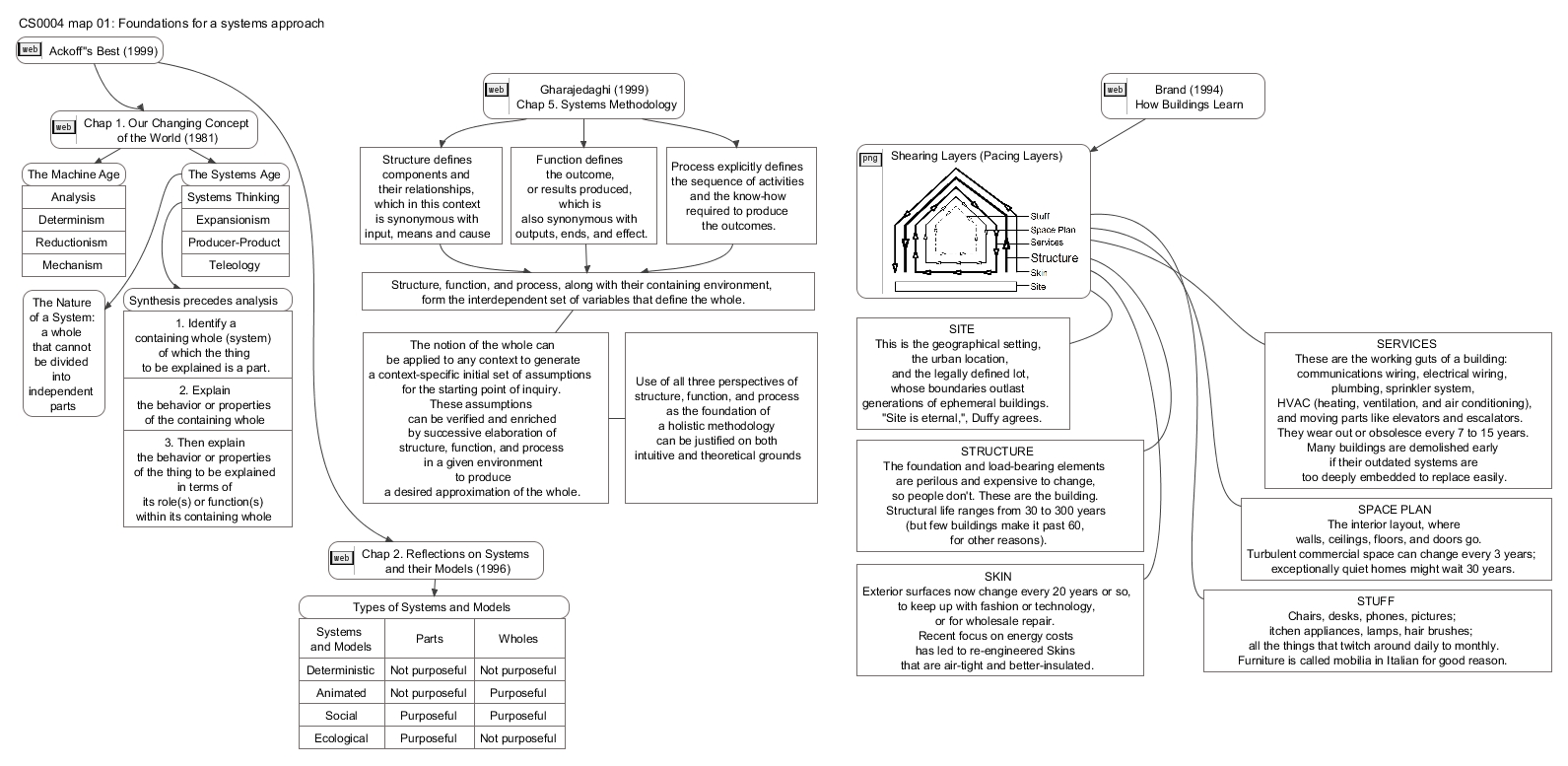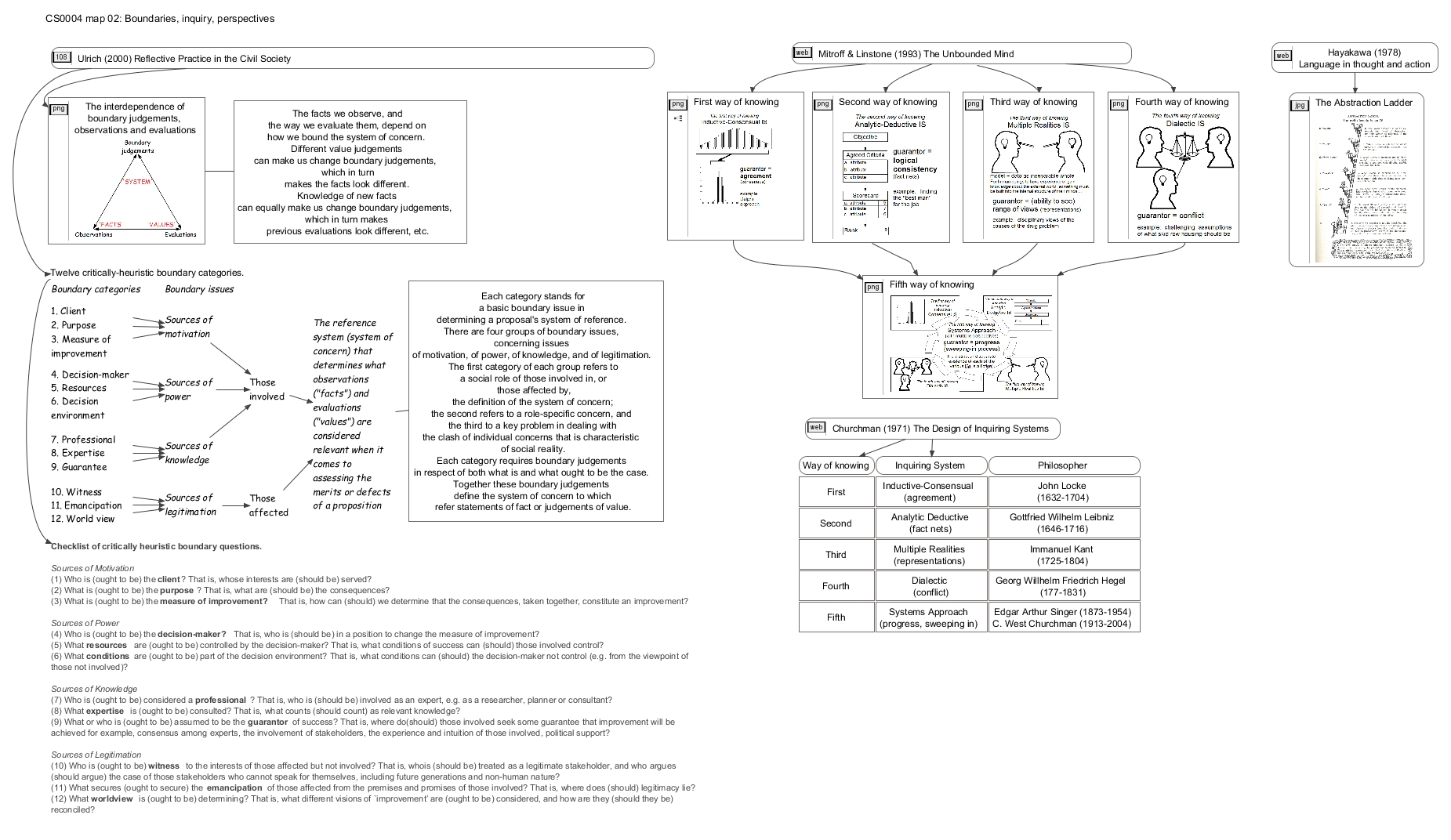There’s so much video content available on the web today, with many different styles for sharing. The variety of considerations can lead one person to favour an approach that isn’t quite right for someone else. After months of trial-and-error, I’ve compiled a comparison of web movies hosted on (1) my own domain, (2) Community Video on archive.org, (3) blip.tv, (4) Vimeo, and (5) Youtube. I was motivated to share the experience of the Beat, Breaks & Culture festival at Harbourfront Centre in Toronto on July 11, in which my third son Noah performed in the final battle between Ground Illusionz and The F.A.M.
I’ve summarized my assessments in a table near the bottom of the (long) page. The essential considerations include:
| (a) Website blocking / Internet filtering? | Is web site blocking (more formally known as Internet filtering) by national governments (e.g. by China and other countries); in public libraries (e.g. content judged offensive or inappropriate); or in workplaces (e.g non-work-related use) a concern? |
| (b) Media containers? | The H.264 (MPEG-4) standard is emerging as a new leader, with Flash Video common as a plugin to most browsers but not supported on Apple products. Digital cameras may produce AVI, MOV (Quicktime) or other formats, while different browsers natively support Theora (Ogg Video) and WebM. |
| (c) Browser embedding and linking? | Once the web movie is on the Internet, how easy is embedding into a blog post, and/or creating a web link? |





